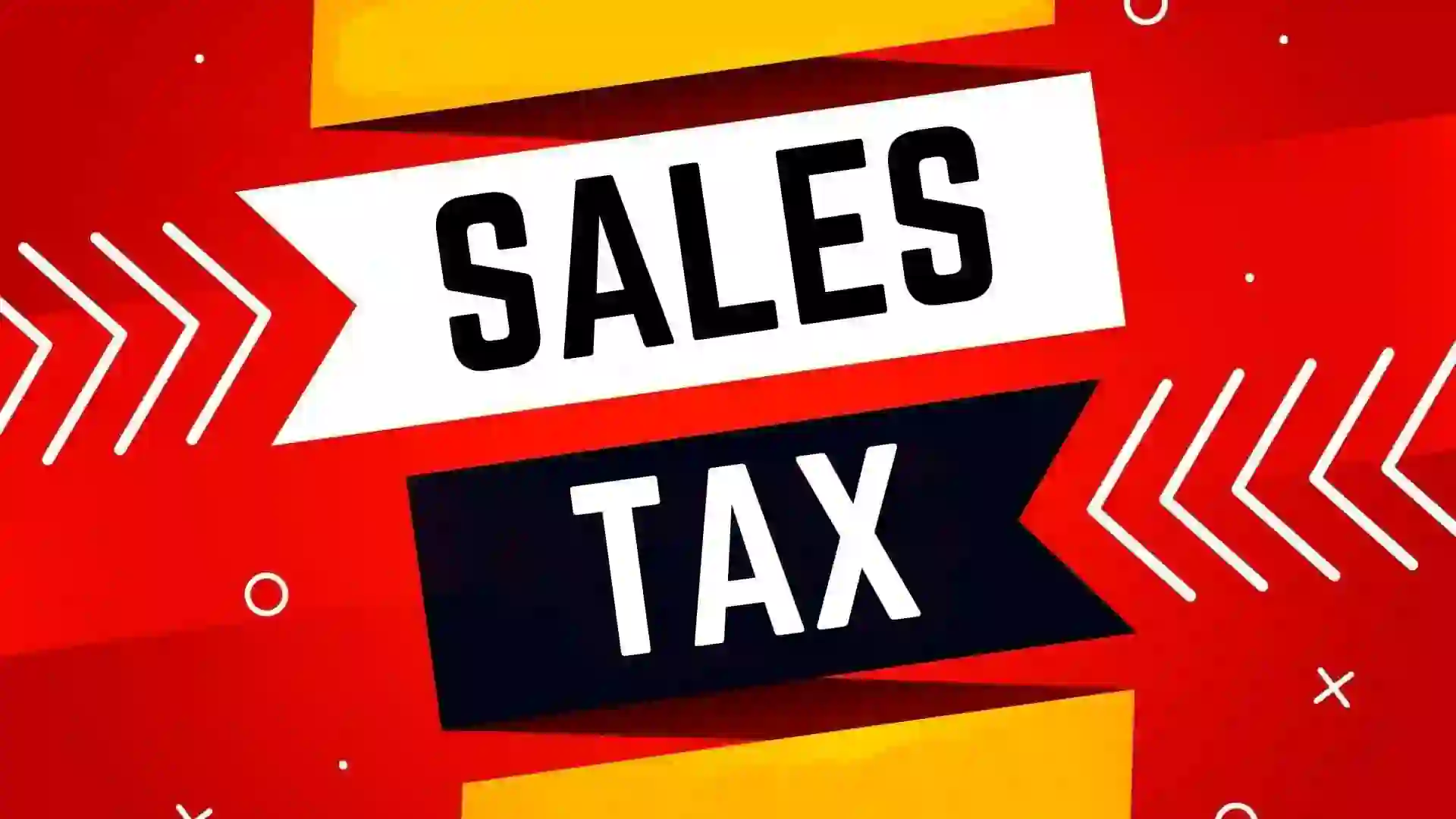If you want to claim a relative as a dependent on your taxes, read this article. It will answer questions like: Does it matter if the child provides more than half of his or her own support? And, does it matter if the child lives in an exempt property? As long as the living arrangements do not violate local laws, you can claim your relative as a dependent. Hopefully, this article will answer many of your questions.
Can I claim a relative as a dependent on my taxes?
Determining whether a relative can be claimed as a dependent on your taxes can be complicated, but the rules are generally clear. A relative is a person other than yourself who qualifies for certain tax credits and deductions. There are several different types of dependents, including children and domestic partners. In order to claim someone as a dependent, you must identify them as such. The IRS uses this definition to determine whether a person is a dependent on your tax returns.
The rules for dependent exemption have changed since the personal exemption was eliminated in favor of a higher standard deduction. The rules for claiming a dependent have changed slightly, but there are still some important requirements. A relative can be a child, spouse, sibling, grandparent, niece, nephew, or other person who depends on you financially. A relative who is more than half your support must be eligible for the tax credit.
A child provides more than half of his own support
The Working Families Tax Relief Act of 2004 rewrote the rules to simplify the eligibility test for qualifying children and reduce the number of required qualifications. Generally, the test requires that a taxpayer provide more than half of a dependent’s support. The Working Families Tax Relief Act also updated regulations under Sec. 152. This article will provide an overview of these changes and what they mean.
A child who provides more than half of his own support for more than half of the year may qualify as a dependent under this law. To qualify, the child must be a close relative of the taxpayer, live with the taxpayer at least half of the year, and be related to the taxpayer. Typically, a child must be less than half of the taxpayer’s support for half of the year. Visit the nationaltaxreports.com site to know a bit more about the tax deduction.
Does it matter if a child lives in an exempt property?
If you live in B.C. and are a homeowner, you can claim a homestead exemption for your principal residence if your child lives in the home. If your child lives in an exempt property and is undergoing medical treatment, you may be able to claim the exemption for two years. The next year, however, you must claim a different exemption if the child is not undergoing medical treatment.
The standard deduction can be larger than itemized deductions, depending on your income and filing status. If your standard deduction is higher than your itemized deductions, you may want to consider itemizing. Ultimately, though, it’s your choice. You may need a tax professional or software package to determine your specific situation. There are many benefits to both, but it’s usually cheaper to choose the standard deduction. So, what about Standard Deduction?
A standard deduction is a great option if you don’t want to organize your expenses. It’s straightforward, convenient, and requires less work than itemizing. However, it’s not the best option for larger deductions. You should run the numbers first to determine which method is best for your situation. There are many factors to consider when determining which method to use. If you’re unsure of which method is better for you, try running the numbers to see which option will save you the most money.
Final Words
Choosing between the standard deduction and itemized deductions can help you save money each year. By choosing itemized deductions, you’ll be able to deduct more than just the standard deduction. Some people don’t like to itemize because it seems too complicated. Others may choose the standard deduction because they don’t think it’s worth the effort. But whether you choose the standard or the itemized deduction, there are advantages and disadvantages to each.


